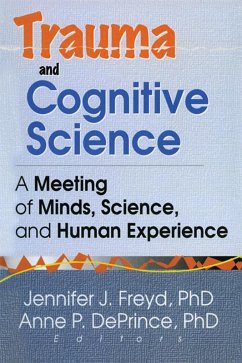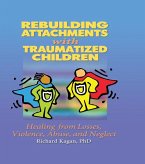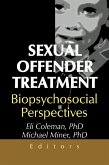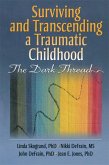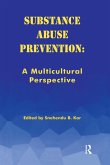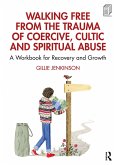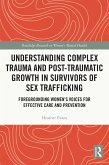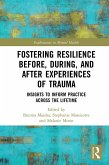- How is memory encoded, stored, and retrieved? How is it forgotten?
- How does trauma influence these processes?
- What kinds of memories can be created by suggestion?
- What physical changes take place in the brain under traumatic stress?
- How is consciousness disturbed during and after trauma?
- What are the ethical, clinical, and societal implications of traumatic stress studies?
- How can people suffering from traumatic memories be healed?
Trauma and Cognitive Science also offers an astonishing array of true case studies, including the story of an adult woman who was raped, went to court, and saw her rapist convicted--and then forgot the whole traumatic episode. The independently corroborated accounts of recovered memories and the carefully designed research studies on multiple modes and levels of memory may offer the key to understanding how we remember and why we forget. The results of these controlled scientific studies have wide-ranging implications for abuse survivors, combat veterans, rape victims, and people who have survived traumatic events from earthquakes to car accidents. Written in clear, accessible prose, Trauma and Cognitive Science belongs on the bookshelf of all mental health professionals, researchers in the areas of traumatic stress and child abuse, attorneys, judges, and survivors of abuse and trauma.
Dieser Download kann aus rechtlichen Gründen nur mit Rechnungsadresse in A, B, BG, CY, CZ, D, DK, EW, E, FIN, F, GR, HR, H, IRL, I, LT, L, LR, M, NL, PL, P, R, S, SLO, SK ausgeliefert werden.

